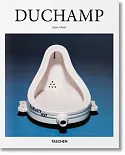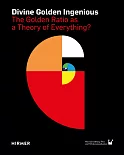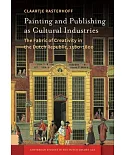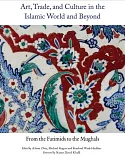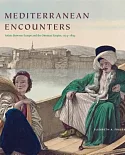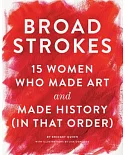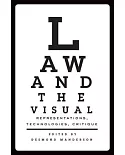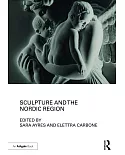with essays by Joseph Backstein, Iara Boubnova, Jurij Krpan, Ileana Pintilie, Kristine Stiles, Branka Stipancic, Igor Zabel, and others
The earliest "body art" was created in Eastern Europe in the early 1960s. The term "body art" includes a wide range of practices in which the artist's own body is the bearer of social,
political, metaphorical, and philosophical content. This book includes essays on eighty artists from fourteen countries: Bosnia and Herzegovina, Bulgaria, Croatia, Czech Republic, the former
GDR, Hungary, Lithuania, Moldova, Poland, Romania, Russia, Slovakia, Slovenia, and Yugoslavia. Introductory essays by Zdenka Badovinac and Kristine Stiles discuss the tradition of an art form
that emerged during socialism in cultural centers such as Prague, Belgrade, Ljubljana, Warsaw, and Zagreb. In these places public actions, particularly on the street, were often banned--and
artists arrested--by the police. Therefore many of the actions documented here took place in private apartments, with the artists performing at great personal risk. The art survived not only
despite the absence of any art market, but also despite its marginalization by political regimes. The artists turned their marginalization to an advantage, creating art out of the contingencies
and necessities of survival. The art represented here reminds us of the psychological and intellectual freedoms that artistic expression affords under politically repressive conditions.
This bilingual (Slovenian/English) book was originally published in conjunction with a major retrospective exhibition of body art held last year at the Museum of Modern Art in Ljubljana. Some
of the artists, such as Marina Abramovic and Komar & Melamid, are well known internationally. Others, such as Alexander Brener, Sanja Ivekovic, Laibach, Paul Neagu, and Marko Peljhan, are
known to special audiences in the East and West.


